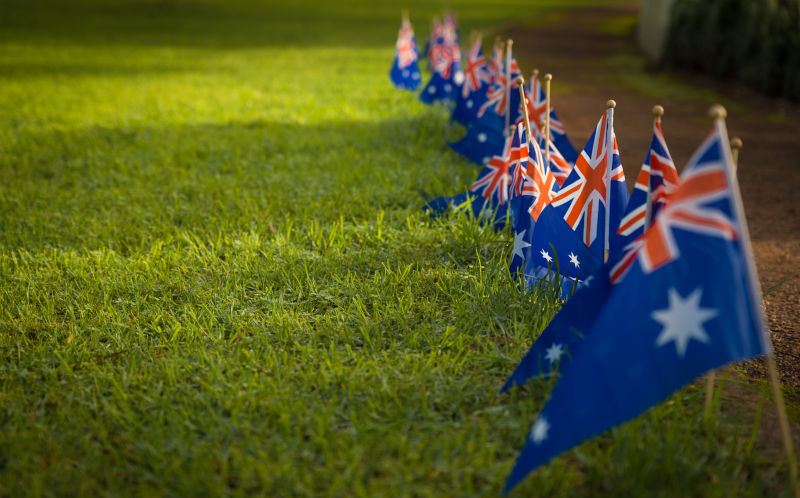ANZAC day: a call to honest examination
April 24, 2023
Commemorating ANZAC Day this year again under a shadow promises to be an interesting experience.
The shadow is that cast by abhorrent war crimes allegedly committed by troops serving under our flag, in our name, not in one theatre, but two, East Timor and Afghanistan. If proven, and the evidence looks strong, these cast a dark long shadow over Australias role in those two conflicts, especially given one was a peacekeeping operation. Arbitrary killings and torture do not make for a good look, even more so at a time when we are strongly condemning another nation for such, even if on a larger scale.
Tellingly, Jesus spoke an aphorism of the need to take the log out of ones own eye before seeking to remove the splinter from anothers. Certainly, any moral authority we may wish to claim as a nation is severely diminished by any such conduct.
Terrible and profoundly immoral things happen in war but if true these war crimes would unlikely be the first carried out by Australian troops.
The case of Breaker Morant, during the Boer War, romantically presented in the film of that name, is well known. Harry Morant, Peter Handcock and George Witton were part of an irregular regiment, the Bushveldt Carbineers, who had acquired a reputation for taking no prisoners. All three were charged by court martial for shooting Boer civilians. Morant and Handcock were found guilty and shot by firing squad. In a whitewashing of his crimes, Handcocks name is present, having given their lives for the Empire on the Bathurst War Memorial, being added in 1964.
In his extensive study Australians at War (Rowville, Vic.: Five Mile Press, 2007) Australian historian A.K Macdougall, who takes a generally sympathetic view of Australias war history, writes concerning WWI, For all their undoubted valour, the Diggers had gained a reputation for ruthlessness in battle, for shooting prisoners, something of which English soldiers were seldom guilty. He notes the English poet, Robert Graves describing being shocked, when an Australian fighting in the First World War, boasted to him that the greatest lark hed ever had was lobbing bombs into a cellar full of surrendered Germans.
Such barbarity did not stop at that war, Macdougall writing how in WWII, during March 1943 in the Battle of the Bismarck Sea, RAAF Beaufighters strafed Japanese survivors in the water after one Japanese ship sank.
Of Vietnam, he records of how in June 1969 at the village of Binh Ba, near the main Australian base at Nui Dat, Australian tanks were devastating the town while infantry fought house to house and helicopters hosed the plantation with fire. Over 100 Vietnamese were killed, the majority, women, and children.
We need also to remember that in numerous recent wars Australia has found itself as the aggressor, part of an invasion force, making war illegally. If Vladimir Putin is a war criminal, then likewise are not two Australian Prime Ministers, who, in Vietnam and Iraq, went to war on premises they clearly knew to be false? Following the line first taken by the Nuremberg Tribunal, the Rome Statute of the International Criminal Court lists the crime of aggression as one of the most serious crimes of concern to the international community, and declaring the crime to fall within its jurisdiction.
Those eagerly baying for Putins head, do well to soberly acknowledge that Australia has been guilty in recent times of similar crimes of aggression.
Despite what is said, ANZAC Day has become increasingly jingoistically used as a means, if not to glorify, at least to provide sanitised versions of conflict and Australian involvement in such, often used for political ends. Politicians will no doubt again this year make use of the day to justify their foreign policy priorities. Such is a dangerous drift.
Only when we are willing to take an honest and unjaundiced view of our war history will we be able to truly commemorate ANZAC Day. In that, we will be challenged to move past our comfort zone to a place of brutal honest examination. That is never easy, but always necessary, if we are to mature in our commemoration of this day. We owe that, at least to those who served honourably.
Our history has been marked by too many wars, declared too easily by those who will never fight in them. Perhaps in taking a frank look at our war history with its cost, to us, and others, we may be less likely to commit to conflict so readily in the future.

